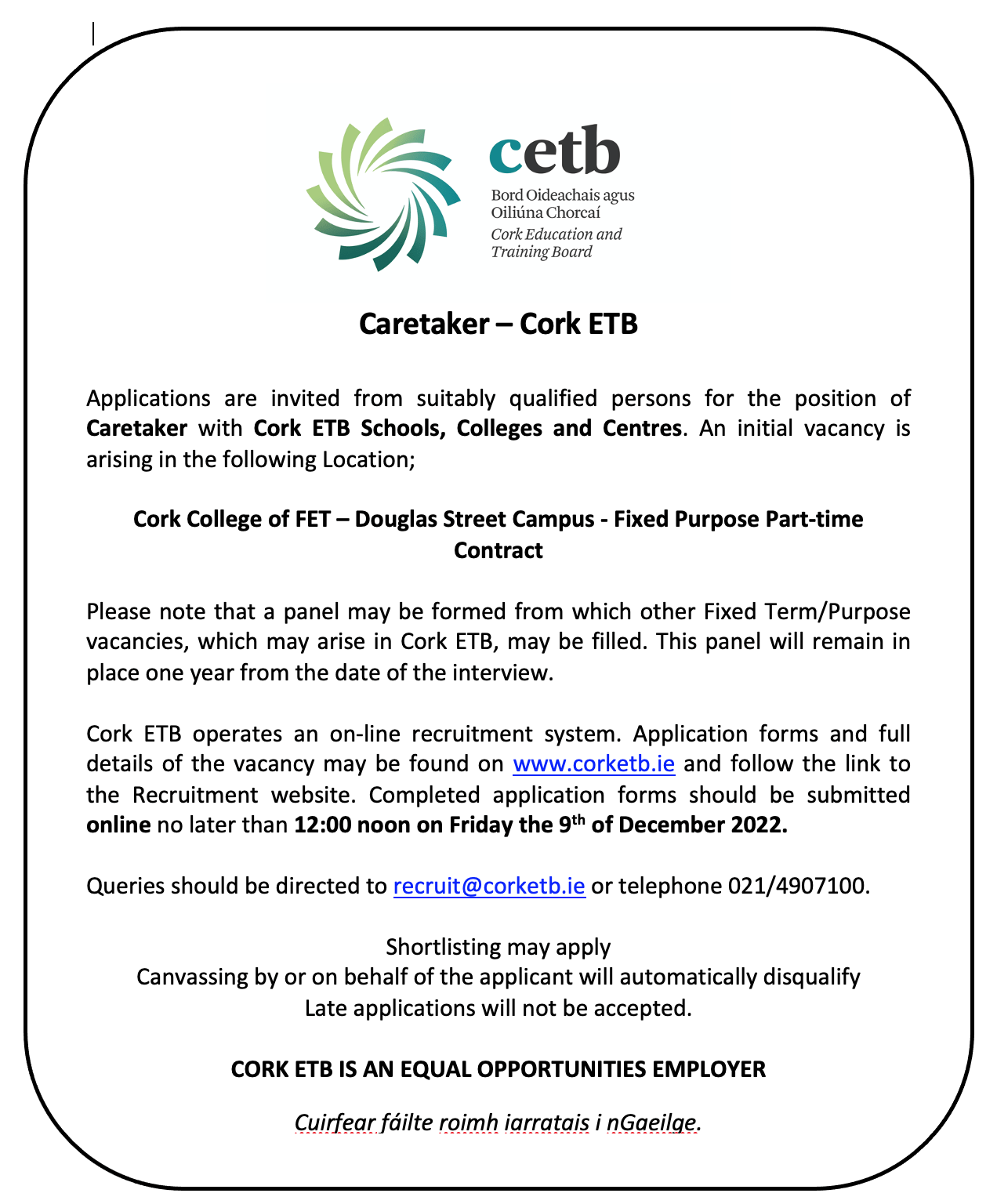Job Opportunities
Social Media & Networking
Social media and networks such as LinkedIn, Twitter and Facebook, allow you to connect with employers directly and communicate with people you might not meet in real life. They can be used for careers research, job seeking and as opportunities to market yourself, and can potentially open doors for graduate job hunters. Managing your online profile is about creating your public and professional, image – what career experts will call your ‘personal brand’.
The ‘digital footprint’ that you make will be spread across different areas of the internet – just Google yourself to see what you find! So, the first thing to do is to make sure that both your social and professional images match and secondly, that they are what you want employers to see. Be clear about who you are, what you can offer and what you want. Then, make sure the message gets across in any social media fora you use.
Remember! Keep you profiles current – An out-of-date online presence is nearly as bad as none at all!
LinkedIn is a business-oriented social networking site. It provides opportunities for online networking with professionals from different employment sectors. There are groups for different regions, institutions (such as university alumni).
Google links quickly to LinkedIn and tends to list Linkedin pages towards the top of search results, making it a valuable tool. Make sure that your LinkedIn page sells you effectively – it should be a bit like an online CV that also allows you to mention your career goals.
Ensure your LinkedIn profile matches your CV especially dates, key skills and experience. It’s a good idea to put your photo in your profile as apparently, people are more likely to connect to you if you have one.
Review the people in the team you are applying for on LinkedIn – check out their experience and expertise and the terms they use to describe their responsibilities and achievements. Update your profile regularly with examples of activities that could enhance your employability. Look at people in jobs you’d like to do, for ideas on how best to present yourself.
LinkedIn is also a great tool for researching employers. Following an employer on LinkedIn will give you useful updates on recruitment activity within the company. As a way of actually getting a job, LinkedIn is probably the most useful tool for experienced hires than for graduates.
Top Tips: Think of LinkedIn as an online CV that showcases your experience and skills. Complete your profile as fully as possible. Put a link to it on your email footer, Facebook, Twitter bio and on your CV.
Twitter is a microblogging site that can be used for more than just job hunting – it’s an effective tool for networking, for gathering information and for engaging in conversations on topical issues in your career area of interest. If you are new to Twitter, or setting up your first Twitter account, take some time to think about your profile. Look at it as a shop window – your twitter handle, 160 character bio, header image and profile picture are the first things a potential employer will see.
What impression do you want to give? A young professional committed to a career in finance probably shouldn’t choose @wildthing2016 as a Twitter handle! The best bio is a snapshot of what you do or what you want to do. It should be a professional description using key words so that your profile will picked up in searches. Include a link to your blog, website or LinkedIn profile where possible.If potential employers visit, they can then click through to find out more about you.
Use Twitter to follow people in companies you are interested in. Build up relevant contacts and join in the conversation! Tweet about issues in your area; retweet relevant articles and other topical content; try to establish a dialogue with others in the industry. Employers often tweet about job vacancies before full adverts are posted online. Use the hashtag #job along with your desired job role and location as a way of finding vacancies.
Twitter can be a great way to bypass the gatekeeper and connect with people directly – for example, look out for opportunities to offer congratulations to an employer you’re interested in if they win an industry award or get other positive publicity. Watch out for media mentions of significant individuals or organisations and tweet about it – use the person’s Twitter handle and link to the article in question.
Top Tips:
- Make your Twitter bio as specific as possible, as this will help people to decide whether to follow you.
- State that you are looking for a job
Facebook is primarily a social site, so it has the most potential to be tricky. Employers sometimes view the Facebook sites of prospective candidates so ensure that they only see things that fit your professional image and check your privacy settings.
It’s fine to mention your achievements on Facebook, but don’t overdo it. It’s a good idea to visit company pages on Facebook to find out more about their working culture. Graduate recruiters increasingly use Facebook to publicise their graduate programmes, so use it to look for the ones you are interested in. Top Tips: Set your privacy settings at the highest possible level; ensure your profile photo is suitable for an employer to view!Make sure that your Blogs are appropriate
Blogs can be a good way to showcase your skills, particularly if you’re looking for work in media or IT. They are also a good way to get an insight into an organisation. The major graduate recruiters often encourage their graduate trainees, interns and placement students to blog about their experiences – although you need to be aware that these blogs will usually have been vetted by the corporate communications department to make sure that the blogger is presenting the right image!
“Unofficial” blogs can give an even more valuable insight, although they may need to be taken with a pinch of salt. To find useful blogs, Google the name of the company or career area you are interested in, e.g. IBM+blog or barrister+blog. Writing your own blog can demonstrate your writing skills, your knowledge of a particular area and your enthusiasm. If you can establish yourself as an online authority in your field, you’ll be ahead of other candidates. Your blog should demonstrate forward thinking, passion for the industry and insights into how you work.
Top Tips:
- Post regularly
- Manage comments
- Respond appropriately
- Always spellcheck before you post.
- online presence does not lose you the job!
In the creative industries, Instagram feeds are almost replacing CVs and portfolios. Good Instagram portfolios can include information on your activities outside work as well as work-related material.
Creative directors regularly use Instagram to vet candidates and get a taste of your personality as well as your artistic skills.
Compliments to Careers Portal for content
Your Content Goes Here
Engineering Technology students field trip
Great field trip with Douglas St Campus Engineering Technology [...]
Caretaker – Cork ETB
Caretaker – Cork ETB Applications are invited from suitably [...]


